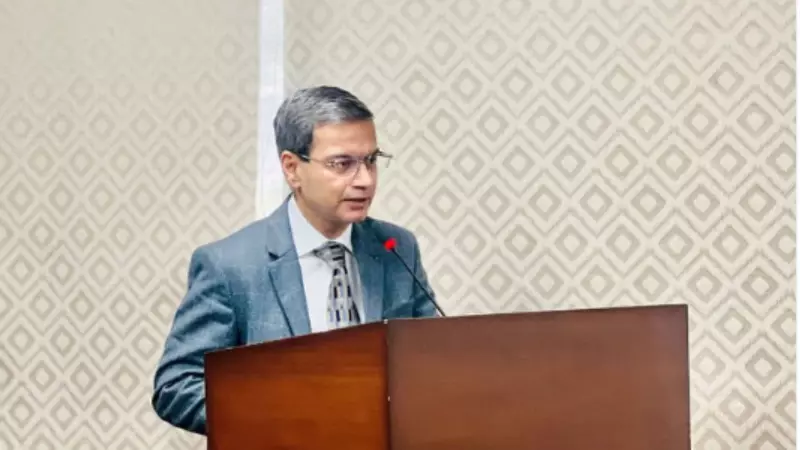
In a dramatic turn of events that has sent shockwaves through Punjab's administrative corridors, the Punjab & Haryana High Court has initiated contempt proceedings against Punjab's Director General of Police (DGP) Gaurav Yadav and three high-ranking IAS officers for blatant disregard of judicial directives.
Court's Stern Action Against Top Officials
The High Court's decision comes as a severe reprimand to the state's top brass for their failure to implement court-ordered salary deductions of government officials with questionable integrity records. This marks one of the rare instances where such senior officials face contempt charges for administrative non-compliance.
Who Faces the Music?
The contempt net has been cast wide, ensnaring:
- Punjab DGP Gaurav Yadav - the state's top police official
- Three senior IAS officers holding crucial administrative positions
- Multiple government departments responsible for implementation
The Core of the Controversy
At the heart of this legal confrontation lies the court's clear directive to deduct salaries of officials facing corruption charges or possessing tainted service records. Despite specific orders and multiple reminders, the concerned authorities failed to execute the mandated financial penalties, forcing the judiciary to take the extreme step of contempt proceedings.
Judicial Frustration Evident
The bench expressed clear exasperation at the continued non-compliance, noting that ordinary citizens cannot be expected to respect the law when the state's highest officials demonstrate such disregard for judicial mandates. The court emphasized that its orders cannot be treated as mere suggestions but must be implemented with seriousness and urgency.
Broader Implications
This development raises critical questions about:
- The accountability mechanism for senior bureaucrats and police officials
- The implementation gap between judicial orders and administrative action
- The message being sent about rule of law and accountability in governance
The case represents a significant test of the judiciary's authority versus executive compliance, with potential ramifications for how future court orders are treated by the state machinery.
What Comes Next?
The accused officials now face the legal consequences of contempt charges, which could include penalties, stricter compliance deadlines, and potential escalation if the matter remains unresolved. The proceedings will be closely watched by legal experts, administrative reformers, and transparency advocates across the country.
This case underscores the ongoing tension between judicial oversight and executive implementation, highlighting the critical need for better coordination between different pillars of democracy to ensure effective governance and accountability.





